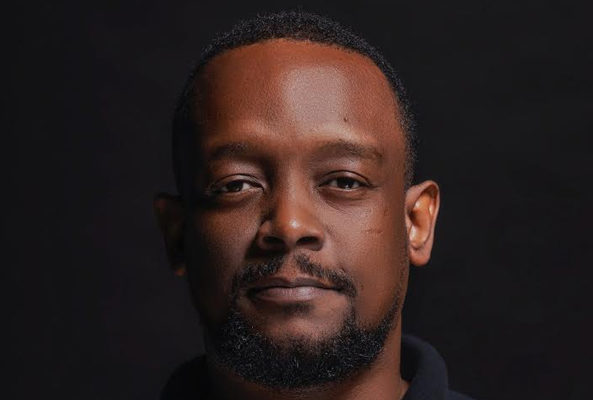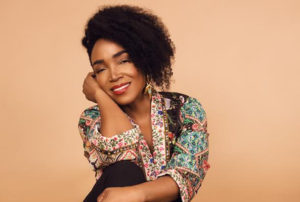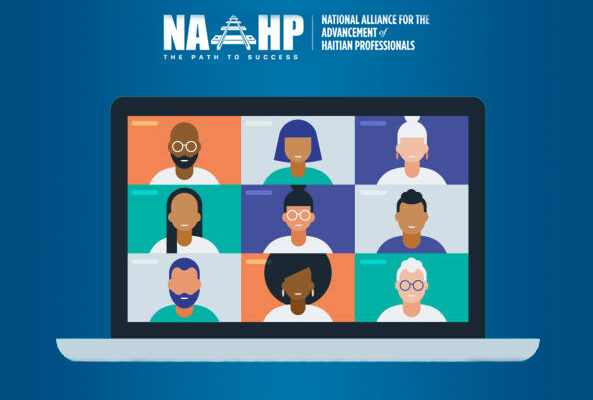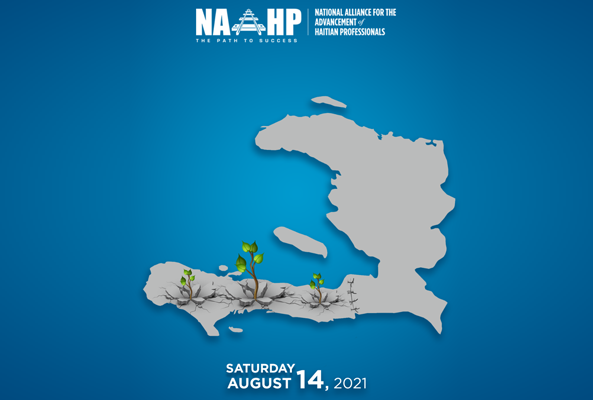
Carel Pedre, Journalist, Philanthropist and a powerful Changemaker!
You are one of Haiti’s most well-known, reputable journalists and social media influencers. What inspired you to pursue a career in radio and television?
I knew at an early age that I wanted to be in media. I was a very talkative kid and used to constantly call all the radio shows in my hometown of Port-de-Paix. My curiosity and my passion for media motivated me to learn more about the industry and pushed me to work hard to be where I am today. Since getting into radio in 1996, I never doubted my choices, I’ve always known that I was born to do this.
Journalism is not considered a traditional career path in Haiti. When did you know you wanted to become a journalist and what was the process like?
Journalism is not a traditional career in Haiti because parents and society tend to push their children towards career pathways such as Law, Medicine or Engineering. There is also a scarcity of successful journalists for young Haitian kids and adults to look up to. Those who work in radio are usually considered to be putting their lives at risk, especially in Haiti where many journalists have died. Initially, I wanted to be a video game programmer. It wasn’t until I left Port-de-Paix and started working at a radio station in Port-au-Prince that it really started resonating with me that this was maybe something I could do. The first time I went back home after starting my radio gig in 1996, I had such an amazing and overwhelming response from my family and friends, it was extraordinary. Even my mother was proud to see how I was welcomed back home. Although I had done some radio work in Port-de-Paix, working as a journalist in Port-au-Prince was validation that success was possible. It was at this moment that I told myself, ‘if there are journalists in Port-au-Prince who are successful, I, too, can be successful’. From that point on, my dream of becoming a video game programmer shifted to a career in radio.
What has been the highlight of your career, as well as a defining moment that taught you a valuable lesson?
There are several highlights in my career, but the most impactful one was how I used social media to inform the world of what was happening in Haiti on January 12, 2010. That experience has allowed me to connect with the Haitian diaspora as well as expose me to various international markets. One lesson learned was “no matter the career path or field, one can serve his or her community and that’s exactly what I did”
As a journalist who gained international exposure for the earthquake coverage in Haiti in 2010, what advice do you have for journalists around the world who are now covering the many protests regarding social injustice and inequities of black lives?
As social media has allowed us to be proactive in sharing current events and where one simple tweet can turn viral, I will advise professional journalists or even citizen journalists to always inform their audience with the truth. I’ve been following the protests on social injustice and various conversations on systemic racism, and I feel that no matter your race or background, as a journalist you have a duty to report the truth, you must remain objective, and cover stories with research and information that will impact your audience. For example, too often in Haiti journalists cover stories just to have a story to circulate, but the general public cannot gather much from the stories as they barely scratch the surface of the issue at hand. There is no real take-away or acquired knowledge from the report. So my advice is to report the truth, remain objective, and cover stories that are impactful.
If you weren’t a journalist, what is another career would you consider?
I can see myself as a Software Engineer, programming video games and developing apps.
What advice can you provide to aspiring journalists in Haiti and abroad?
In Haiti, I’d advise journalists to consider covering stories that are impactful, inspiring, and will change or challenge the mentality of their audience.. It’s the journalist’s responsibility to investigate, research, and report. The press can’t remain indifferent to all that goes on in Haiti.
For journalists in the diaspora, I believe it’s important to prioritize their community by giving them a voice. I’ve seen first hand in several communities abroad where Haitian journalists are present but mostly cover news in Haiti as opposed to giving their community a platform. I believe there is a need for growth and improvement in these areas.
Tell us a little bit more about your philanthropic initiatives.
I’ve always been involved in philanthropic initiatives. In 2010, I started the “Sunday Project”. Every sunday, we held food drives in Cite Soleil for more than 500 children, provided mobile clinics, and toy drives. The project has since been put on hold, but I can say Cité Soleil is a place close to my heart and I am always involved in initiatives that can bring some positivity to the community. Additionally, I am a board member of Prodev Haiti, which is a Haitian foundation focused on education and providing teacher training and school management, specifically to Ecole Nouvelle Zoranje in Cité Soleil. With over 300 students attending the school on a full scholarship, we are constantly working to raise funds and resources to make sure these students can continue their education and keep Prodev running its multiple education programs around the country. Additionally during this pandemic, I’m proud to have collaborated with a number of individuals and organizations to help raise over $330,000 USD in funds for three different initiatives for Hôpital Bernard Mevs, Foundation Haitienne Anti Cancer, and Hôpital de Fermathe — that could have closed its doors if it was not for this fundraiser. I am very proud and grateful for the collective efforts of our community to make that sort of impact.
What are some of the projects that you are currently working on?
Some projects I am currently working on are: “Chokarella Take Over,” which is a concept where I leave the city (Port-au-Prince) and travel to neighboring cities, towns, and even abroad, to showcase Haitian communities, entrepreneurs, artist, business that are doing extraordinary work. I am taking this time to restructure the concept and hit the ground running once the pandemic is over. The Chokarella Podcast Network is another project of mine I’ve been working on since last year, and I would love to see it come to life by the end of the year and a few additional projects in the works that will be announced soon!
Most importantly, on July 8th in honor of my 40th birthday, and in partnership with Ayiti College, I will be announcing the recipient of the Carel Pedre Scholarship Fund.

 English
English Français
Français Donate
Donate Partner
Partner Shop
Shop Login
Login










